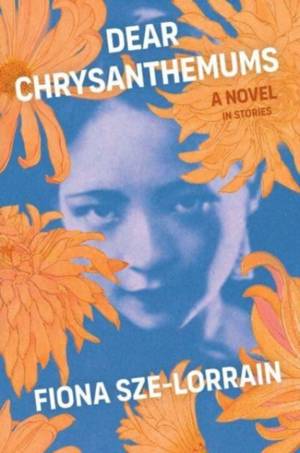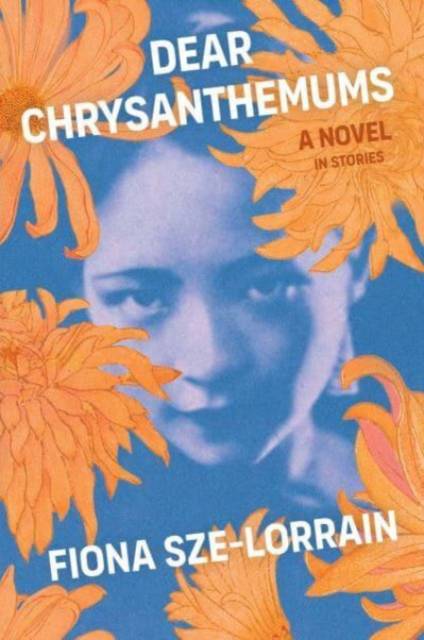
Door een staking bij bpost kan je online bestelling op dit moment iets langer onderweg zijn dan voorzien. Dringend iets nodig? Onze winkels ontvangen jou met open armen!
- Afhalen na 1 uur in een winkel met voorraad
- Gratis thuislevering in België vanaf € 30
- Ruim aanbod met 7 miljoen producten
Door een staking bij bpost kan je online bestelling op dit moment iets langer onderweg zijn dan voorzien. Dringend iets nodig? Onze winkels ontvangen jou met open armen!
- Afhalen na 1 uur in een winkel met voorraad
- Gratis thuislevering in België vanaf € 30
- Ruim aanbod met 7 miljoen producten
Zoeken
€ 13,95
+ 27 punten
Uitvoering
Omschrijving
Longlisted for the 2024 Carnegie Medal for Excellence in Fiction, a startling and vivid debut novel in stories from acclaimed poet and translator Fiona Sze-Lorrain, featuring deeply compelling Asian women who reckon with the past, violence, and exile--set in Shanghai, Beijing, Singapore, Paris, and New York. Composed of several interconnected stories, each taking place in a year ending with the number six, ironically a number that in Chinese divination signifies "a smooth life," Dear Chrysanthemums is a novel about the scourge of inhumanity, survival, and past trauma that never leaves. The women in these stories are cooks, musicians, dancers, protestors, mothers and daughters, friends and enemies, all inexplicably connected in one way or another. "Cooking for Madame Chiang," 1946: Two cooks work for Madame Chiang Kai-shek and prepare a foreign dish craved by their mistress, which becomes a political weapon and leads to their tragic end. "Death at the Wukang Mansion," 1966: Punished for her extramarital affair, a dancer is transferred to Shanghai during the Cultural Revolution and assigned to an ominous apartment in a building whose other residents often depart in coffins. "The White Piano," 1966: A budding pianist from New York City settles down in Paris and is assaulted when a mysterious piano arrives from Singapore. "The Invisible Window," 2016: After their exile following the Tiananmen Square massacre, three women gather in a French cathedral to renew their friendship and reunite in their grief and faith. With devastating precision, a masterly ear for language, and a profound understanding of both human cruelty and compassion, Fiona Sze-Lorrain weaves Dear Chrysanthemums, an evocative and disturbing portrait of diasporic life, the shared story of uprooting, resilience, artistic expression, and enduring love.
Specificaties
Betrokkenen
- Auteur(s):
- Uitgeverij:
Inhoud
- Aantal bladzijden:
- 176
- Taal:
- Engels
Eigenschappen
- Productcode (EAN):
- 9781668012987
- Verschijningsdatum:
- 2/05/2023
- Uitvoering:
- Paperback
- Formaat:
- Trade paperback (VS)
- Afmetingen:
- 135 mm x 211 mm
- Gewicht:
- 113 g

Alleen bij Standaard Boekhandel
+ 27 punten op je klantenkaart van Standaard Boekhandel
Beoordelingen
We publiceren alleen reviews die voldoen aan de voorwaarden voor reviews. Bekijk onze voorwaarden voor reviews.











